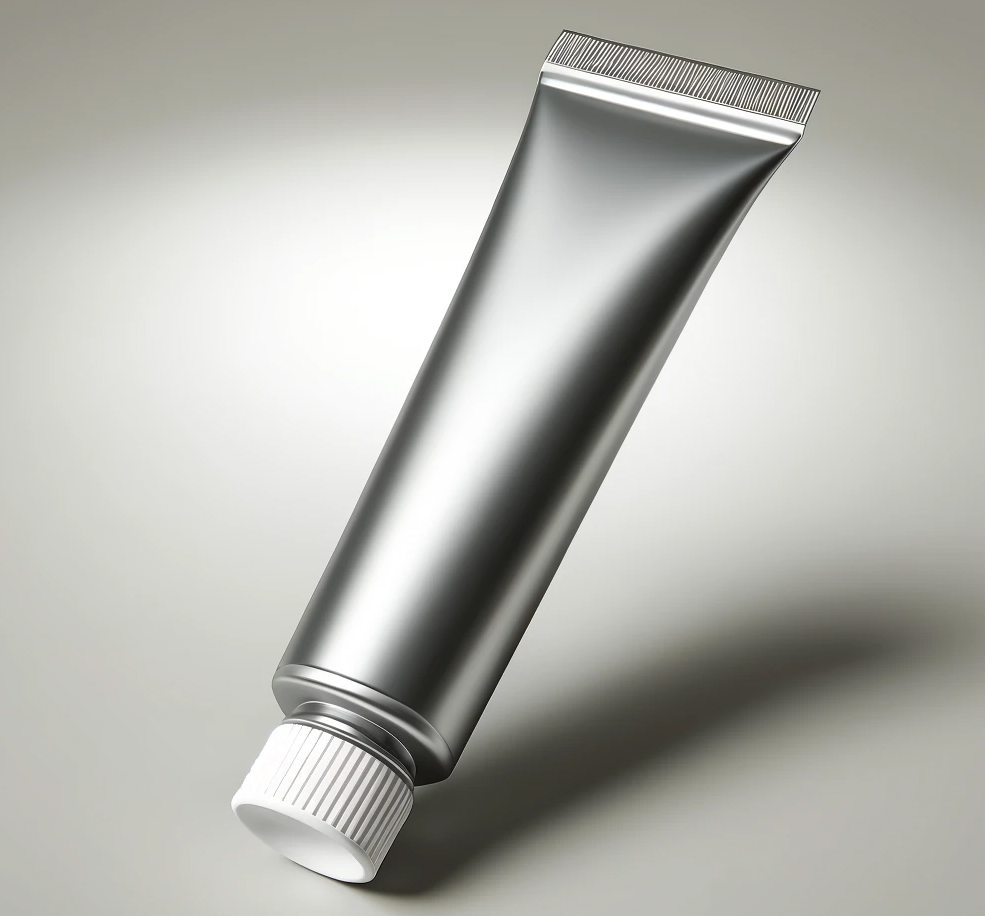Treatment Options
Hydroquinone
|

|
Tyrosinase inhibitors, such as hydroquinone, are generally prescribed in combination products such as pigmanorm and reduce the synthesis of pigment (melanin) by melanocytes (pigment producing cells). They are often supplied in combination with a retinoid and mild topical steroid to enhance the effects and reduce the risks of an inflammatory reaction

|
5 min read

How to use topical hydroquinone (e.g. pigmanorm)
- I will supply a small quantity that should last for a minimum of 3 months. Apply a small quantity daily to the affected areas only.
- It is essential to use sun screen daily all year round and minimized sunlight exposure.
- Since there is a small risk of skin irritation or allergy I advise that patients begin by applying to a small area of the skin that is less visible - such as the area next to the ear for a week to test that there is no reaction.
- Treatments should be used for a limited (usually a number of months) course of treatment and should never be used on an ongoing basis due to the risks of ochronosis - a difficult to treat condition that causes a permanent increase in skin pigmentation.
Important information about tyrosinase inhibitors
- Tyrosinase inhibitors can cause irritation of the skin and this can lead to post-inflammatory hyperpigmentation. You should stop using them immediately if you are experiencing inflammation or irritation.
- Excessive long term usage can lead to permanent hyperpigmentation "ochronosis" that reflects the deposition of tyrosinase inhibitors in the skin. This is extremely challenging to treat and for this reason tyrosinase inhibitors should be used under the direction of a dermatologist sparingly for a limited period of time (usually several months) only.
- Tyrosinase inhibitors can cause excessive lightening of the treated area or lightening of areas adjacent to the treated area. This can be permanent. Apply it only to the darker areas of skin (you can use a cotton bud if these areas are small). Discontinue use if you notice excessive lightening.
- Tyrosinase inhibitors should not be used during pregnancy or in those planning pregnancy as it is not proven to be safe for the developing baby.
- Tyrosinase inhibitors are used "off licence" for the treatment of melasma - this means that although many dermatologists will prescribe them, they have not been formally approved for this purpose by the medicine regulatory authority in the UK (this is the same for many treatments used in dermatology).

 | 5 min read
| 5 min read
